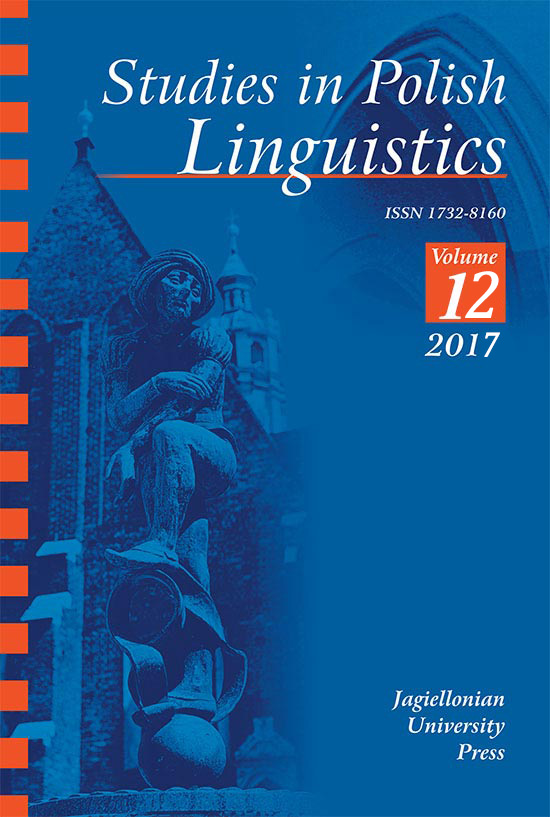Passivisation of Polish Object Experiencer Verbs vs. the Unaccusativity Hypothesis (Part 2)
Passivisation of Polish Object Experiencer Verbs vs. the Unaccusativity Hypothesis (Part 2)
Author(s): Anna Bondaruk, Bożena Rozwadowska, Wojciech WitkowskiSubject(s): Language studies, Theoretical Linguistics
Published by: Wydawnictwo Uniwersytetu Jagiellońskiego
Keywords: Object Experiencer verbs; unaccusatives; passivisation; complex ergative structure; binding; Polish
Summary/Abstract: The current paper is an attempt to provide a syntactic account of the immunity of Polish stative Object Experiencer (OE) verbs to verbal passivisation. In search for the syntactic structure of stative OE verbs, and the hierarchy of their arguments, it is demonstrated here that the evidence based on Condition A, pronominal variable binding, and Condition C effects is inconclusive, and hence does not allow us to determine which of the two arguments – the Experiencer or the Target/Subject Matter (T/SM) – is projected higher in the structure. It is then suggested that the answer to the question why stative OE verbs do not form verbal passives crucially relies on their having a complex ergative structure as in Bennis (2004), where both arguments are internal, while the external argument is missing altogether. At the same time, it is assumed after Landau (2010) that the Experiencer is projected higher than the T/SM.
Journal: Studies in Polish Linguistics
- Issue Year: 12/2017
- Issue No: 3
- Page Range: 123-144
- Page Count: 22
- Language: English

